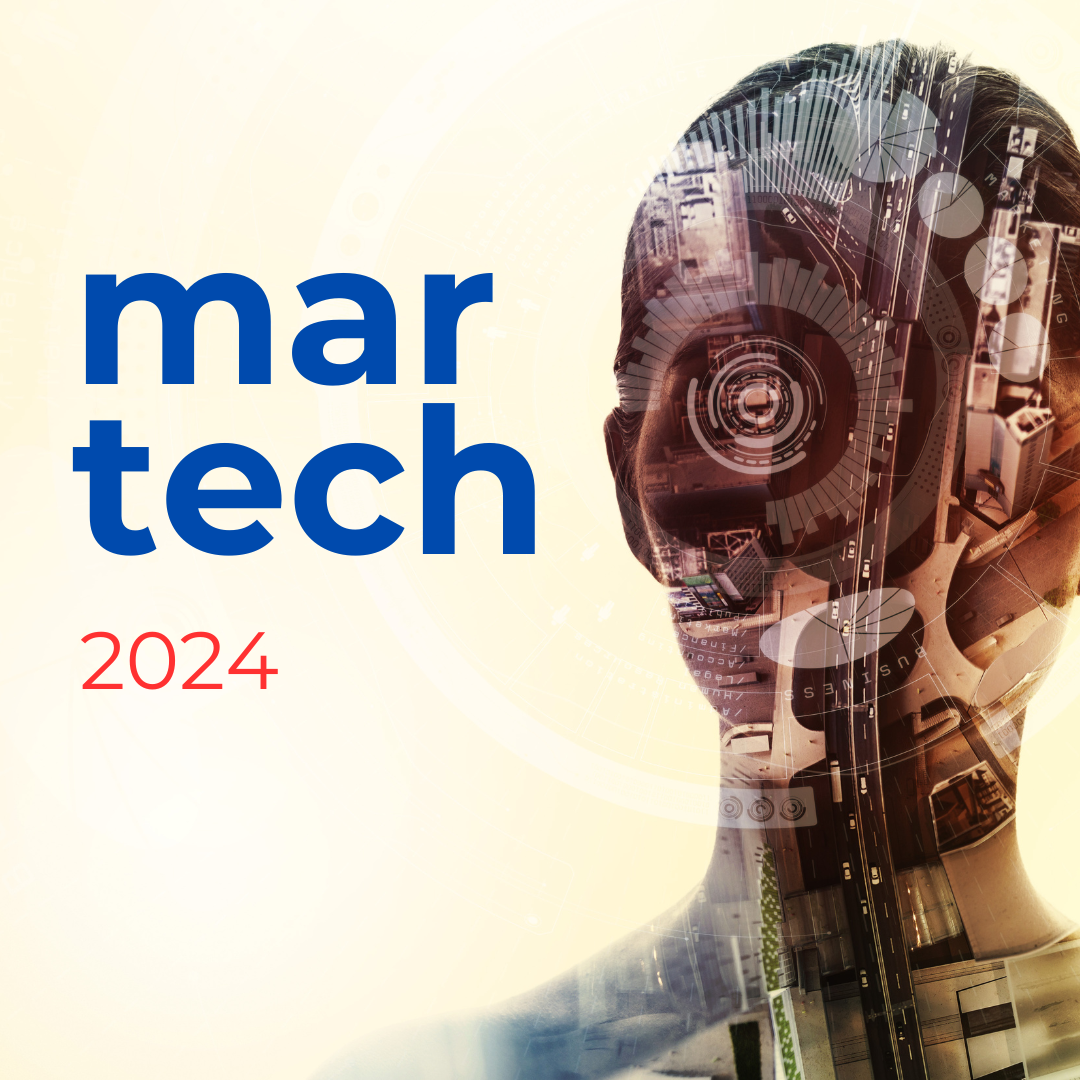Black Friday and Cyber Monday are two of the biggest shopping events of the year, presenting unparalleled opportunities for businesses to boost their sales and reach new customers. With the right marketing strategies, you can capitalize on the shopping frenzy and achieve significant revenue growth. Here’s a comprehensive guide to help you craft winning marketing strategies for these pivotal retail events.
1. Start Early with Teasers and Previews
Build Anticipation: Begin your marketing efforts weeks before Black Friday and Cyber Monday by teasing your deals and offers. Use social media, email newsletters, and your website to create excitement and anticipation. Share sneak peeks of the discounts and highlight exclusive offers that will be available only during these events.
2. Optimize Your Website for Traffic and Conversions
Ensure Smooth User Experience: Expect a surge in traffic during these sales events. Optimize your website to handle increased traffic loads, ensuring fast loading times and seamless navigation. A user-friendly experience will keep potential customers from abandoning their carts.
Create Dedicated Landing Pages: Design dedicated landing pages for Black Friday and Cyber Monday deals. These pages should be visually appealing, easy to navigate, and include clear calls to action. Highlight your best offers prominently to capture immediate attention.
3. Leverage Email Marketing
Segment Your Audience: Segment your email list to send targeted messages based on customer preferences and past purchase behavior. Personalized emails with relevant offers are more likely to convert.
Countdown Emails: Send a series of countdown emails leading up to the events. Remind your subscribers about the upcoming sales, and create a sense of urgency as the days count down.
4. Use Social Media to Your Advantage
Engage with Interactive Content: Create engaging and interactive content on social media to captivate your audience. Run contests, polls, and giveaways to increase engagement and build excitement around your upcoming sales.
Utilize Influencers: Partner with influencers to extend your reach and build credibility. Influencers can create buzz and drive traffic to your website through authentic and persuasive recommendations.
5. Offer Exclusive Deals and Bundles
Create Value-Packed Bundles: Encourage higher spending by offering product bundles at a discounted rate. Customers perceive bundles as higher value, making them more likely to purchase.
Exclusive Early Access: Reward your loyal customers by providing them with early access to your Black Friday and Cyber Monday deals. This exclusivity can drive repeat purchases and foster customer loyalty.
6. Implement a Retargeting Campaign
Reconnect with Abandoned Carts: Use retargeting ads to remind customers who have abandoned their carts to complete their purchase. Offer additional incentives, such as extra discounts or free shipping, to entice them to return.
7. Monitor and Analyze Performance
Track Key Metrics: Monitor the performance of your marketing campaigns in real-time. Track key metrics such as website traffic, conversion rates, and average order value to understand what’s working and where improvements are needed.
Post-Sale Analysis: After the sales events, conduct a thorough analysis to assess the success of your strategies. Use this data to refine your approach for future marketing campaigns.
8. Extend the Sale Period
Cyber Week: Consider extending your sales beyond Black Friday and Cyber Monday to a full Cyber Week. This can capture customers who missed out on the initial sales and continue the momentum.
Flash Sales: Throughout the extended period, run flash sales with limited-time offers to create urgency and drive continuous traffic and sales.
Conclusion
Black Friday and Cyber Monday are critical opportunities for businesses to significantly boost their sales. By starting early, optimizing your website, leveraging email and social media, offering exclusive deals, and analyzing your performance, you can create effective marketing strategies that maximize your success during these major shopping events. Prepare thoroughly, engage your audience, and watch your sales soar.








